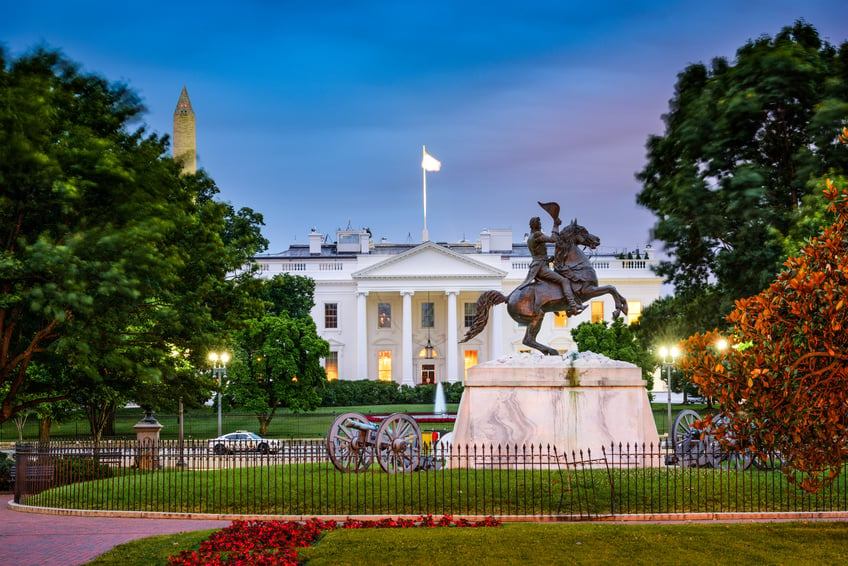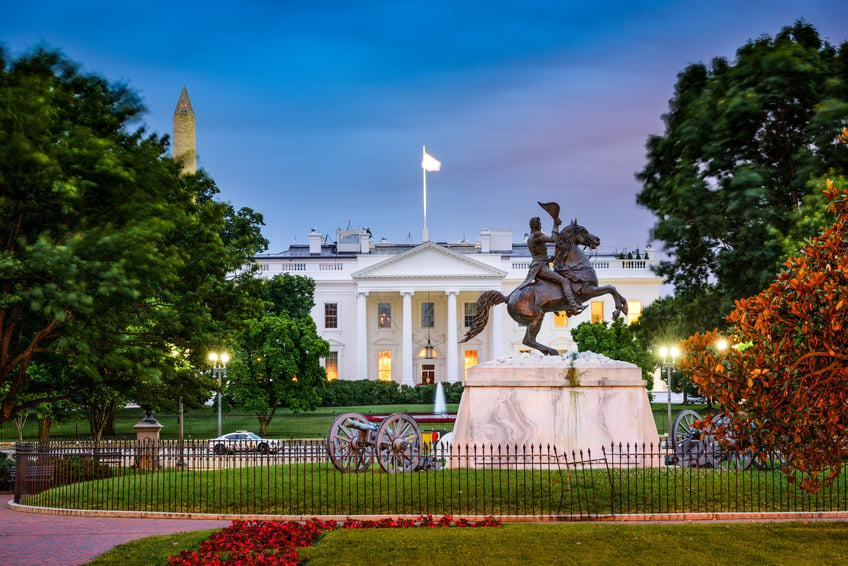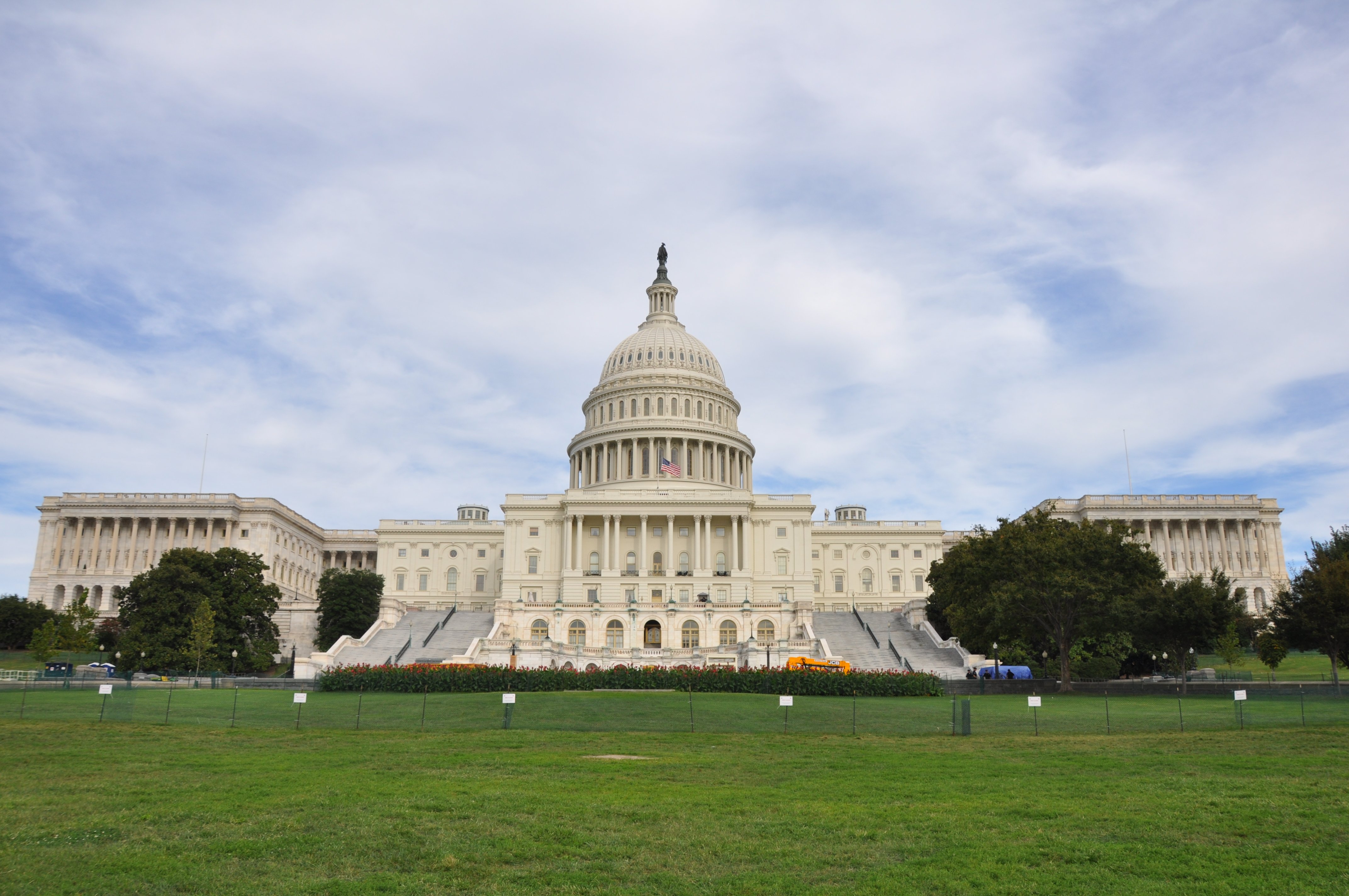On January 19, 2021, the US State Department designated Ansarallah, a political movement and militia group in Yemen also known as the Houthis, as a Foreign Terrorist Organization (“FTO”) and Specially Designated Global Terrorist (“SDGT”), and also designated three of its leaders as SDGTs. OFAC designated Ansarallah on the Specially Designated Nationals…
On January 5, 2021, President Trump issued Executive Order 13971 “Addressing the Threat Posed By Applications and Other Software Developed or Controlled By Chinese Companies” (“EO 13971”), which targets certain Chinese connected software applications. Specifically, EO 13971 prohibits transactions by any person, or with respect to any property, subject to the jurisdiction…
During the first two weeks in January, the Office of Foreign Assets Control (OFAC) published a series of FAQs related to Executive Order 13959, “Addressing the Threat from Securities Investments that Finance Communist Chinese Military Companies” (the “CCMC EO” or the “EO”). That EO aimed to prevent US investors from financing the…
On December 22, 2020, the US Commerce Department’s Bureau of Industry and Security (“BIS”) published a final rule (“Final Rule”) in the Federal Register adding 77 entities and individuals to the Entity List, including several prominent Chinese multinationals (together, the “Designees”). The Final Rule took effect on December 18, 2020. On the same day,…
Over the past two weeks, the Office of Foreign Assets Control (“OFAC”) published a series of FAQs related to Executive Order 13959, “Addressing the Threat from Securities Investments that Finance Communist Chinese Military Companies” (the “CCMC EO” or the “EO”). That EO aimed to prevent US investors from financing the development of…
On October 29, 2020, the Commerce Department’s Bureau of Industry and Security (BIS) issued a final rule (the “final rule”) amending the license review policy under the Export Administration Regulations (EAR) for items controlled for national security (“NS”) reasons when destined to China, Russia, or Venezuela. The amendments add Venezuela to the…
On October 1, 2020, the US Department of the Treasury (“Treasury”) issued a pair of advisories to alert companies about risks associated with ransomware scams and attacks. Ransomware is malicious software designed to block access to a computer system or data, often by encrypting data or programs on information technology systems to extort…
On 29 August 2020, the United Arab Emirates (“UAE“) Government’s Emirates New Agency (Wakalat Anba’a al Emarat, or ‘WAM’) publicly announced that H.H. Sheikh Khalifa Bin Zayed Al Nahyan, President of the UAE, issued Federal Decree Law No. 4 of 2020, abolishing Federal Decree Law No. 15 of 1972 Concerning the Arab League Boycott of Israel (the “UAE Israeli Boycott Law“) (the “UAE Israeli Boycott Repeal Law“). The UAE Israeli Boycott Repeal Law follows the announcement of the historic peace agreement between the UAE and Israel (known as the “UAE-Israel Abraham Accords” – Treaty of Peace, Diplomatic Relations and Full Normalization between the UAE and the State of Israel) on 13 August 2020 issued jointly by H.H. Sheikh Mohamed bin Zayed Al Nahyan, Crown Prince of Abu Dhabi and Deputy Supreme Commander of the Armed Forces, US President Donald Trump and Israeli Prime Minister Benjamin Netanyahu. Officially signed on 15 September 2020 , the UAE-Israel Abraham Accords (available in full here) outlines a number of areas of intended cooperation, and the establishment of full diplomatic ties in exchange for Israel’s suspension of further annexation of Palestinian territories, between the two states under Article 5 and supplemented in its Annex. This includes: (1) finance and investment; (2) civil aviation; (3) visas and consular services; (4) innovation, trade and economic relations; (5) healthcare; (6) science, technology and peaceful uses of outer-space; (7) tourism, culture and sport; (8) energy; (9) environment; (10) education; (11) maritime arrangements; (12) telecommunications and post; (13) agriculture and food security; (14) water; and (15) legal cooperation.
On August 17, 2020, the US Commerce Department’s Bureau of Industry and Security (“BIS”) issued a final rule (“Final Rule”) (i) expanding the Export Administration Regulations (“EAR”) General Prohibition Three (the foreign-produced direct product rule, or the “FPDP Rule”) to further restrict Huawei Technologies Co. Ltd. and its affiliates designated…
On July 31, 2020, the Department of Commerce Bureau of Industry and Security (“BIS”) amended the Export Administration Regulations (“EAR”) to suspend the availability of all License Exceptions for Hong Kong that provide differential treatment relative to mainland China. Our blog post on prior steps taken to revoke preferential treatment…






